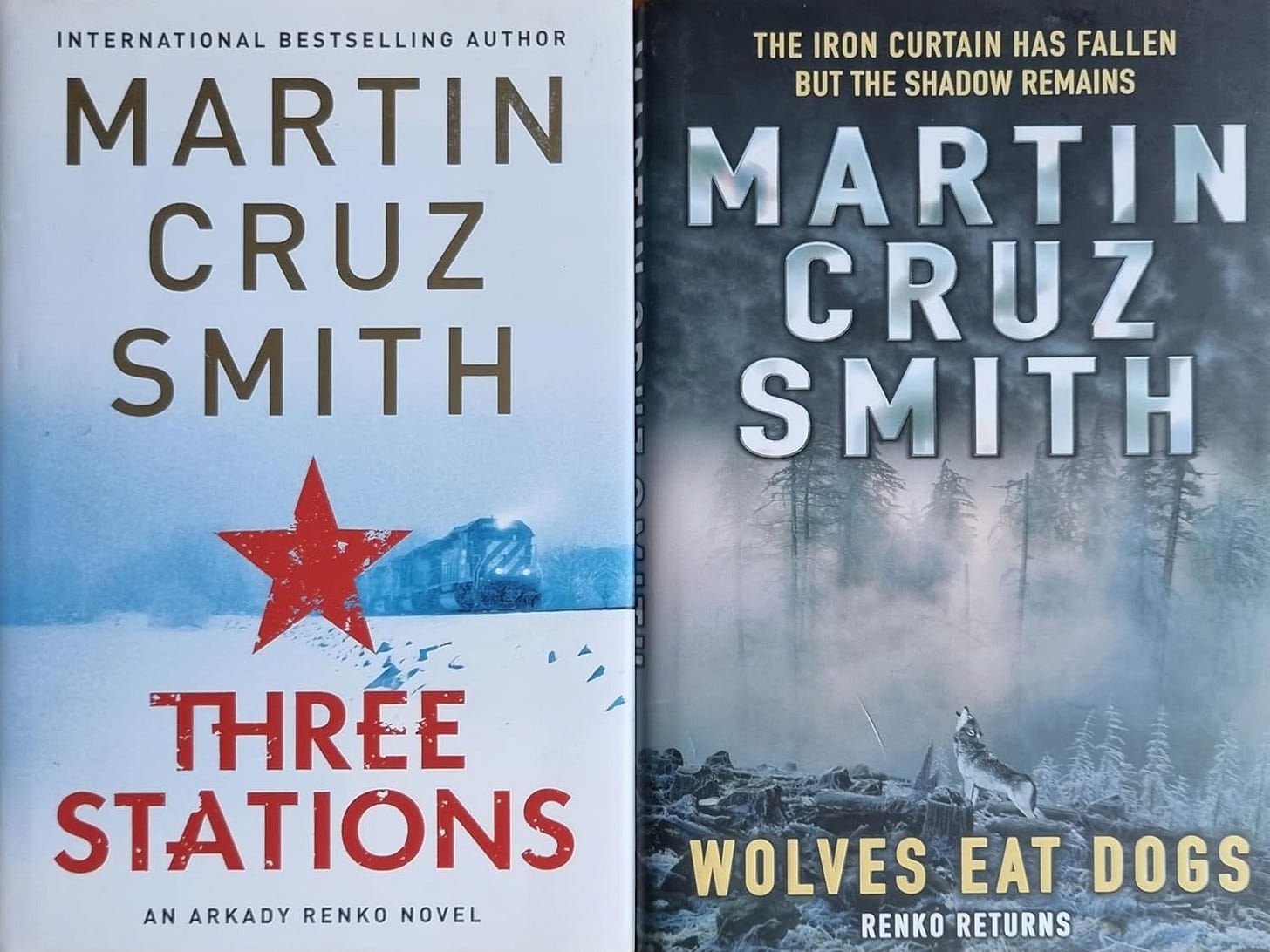The literary world lost a giant on July 11th when Martin Cruz Smith passed away, having lived with Parkinson’s disease since 1995. For those of us who write in the crime and thriller genres, Smith’s death marks the end of an era—the passing of a writer who elevated genre fiction to the level of high art.
Martin Cruz Smith’s writing possessed that rare combination of meticulous research, atmospheric storytelling, and deep character development that transforms a simple mystery into something profound. His ability to weave complex political landscapes with intimate human drama was unparalleled. In Gorky Park, he didn’t just write a murder mystery; he created a window into the soul of Soviet Russia, complete with its contradictions, corruption, and surprising humanity.
What struck me most about Smith’s work was his refusal to take shortcuts. Every detail felt earned, every setting meticulously researched. When Arkady Renko walked through the snow-covered streets of Moscow or navigated the bureaucratic maze of Soviet law enforcement, you could feel the cold, smell the cigarettes, and sense the weight of a system grinding down on individual conscience.
Arkady Renko
Renko remains one of fiction’s most compelling protagonists—a man caught between duty and conscience, between survival and integrity. In Red Square and Wolves Eat Dogs, Smith continued to develop this character with remarkable consistency and depth. Renko wasn’t just a detective; he was a moral compass spinning in a world where true north seemed to shift with every political wind.
As I develop my own character, Special Agent Alexandra Martel, I find myself returning to Smith’s approach to character development. Like Renko, Alex must navigate institutional pressures while maintaining her moral center. Smith taught me that the most interesting conflicts aren’t just external—they’re the internal battles our characters fight to remain human in inhuman circumstances.
The Influence on My Work
Smith’s influence on my writing extends beyond character development to the very architecture of storytelling. He showed me that genre fiction could tackle serious themes without sacrificing entertainment value. His books were page-turners that also served as social commentary, adventure stories that doubled as psychological studies.
In crafting the Alex Martel series, I’ve tried to emulate Smith’s commitment to authenticity. Just as he immersed himself in Russian culture and politics, I draw on my background as a paramedic, police tactical medic, and emergency management specialist to add realism to my stories. Smith demonstrated that expertise, properly channeled, becomes invisible to the reader while making even the impossible seem inevitable.
A Legacy of Excellence
Martin Cruz Smith fought Parkinson’s disease with the same determination his characters showed when facing impossible odds. He continued writing, kept crafting, and continued pursuing excellence even as his body betrayed him. That dedication to craft, that refusal to compromise, and that commitment to telling stories that matter—these are the gifts he leaves behind for writers like me who hope to follow in his footsteps.
The best tribute we can pay to Martin Cruz Smith isn’t just to remember his books, but to carry forward his standard of excellence. In a world of quick fixes and easy answers, he reminded us that great writing requires patience, research, and an unwavering commitment to truth, even when that truth is uncomfortable.
Rest in peace, Martin. Your words will outlive us all.







Steve, a great review of such a great writer! Smith left us a stretch goal for serious scribes to calibrate their compasses towards.